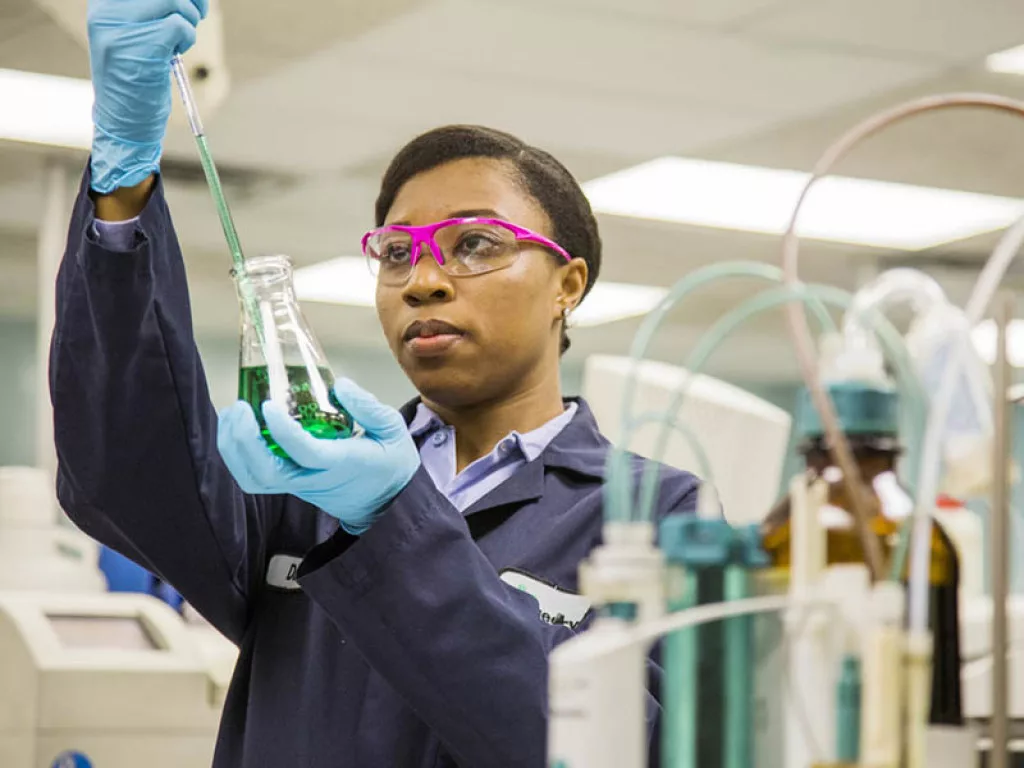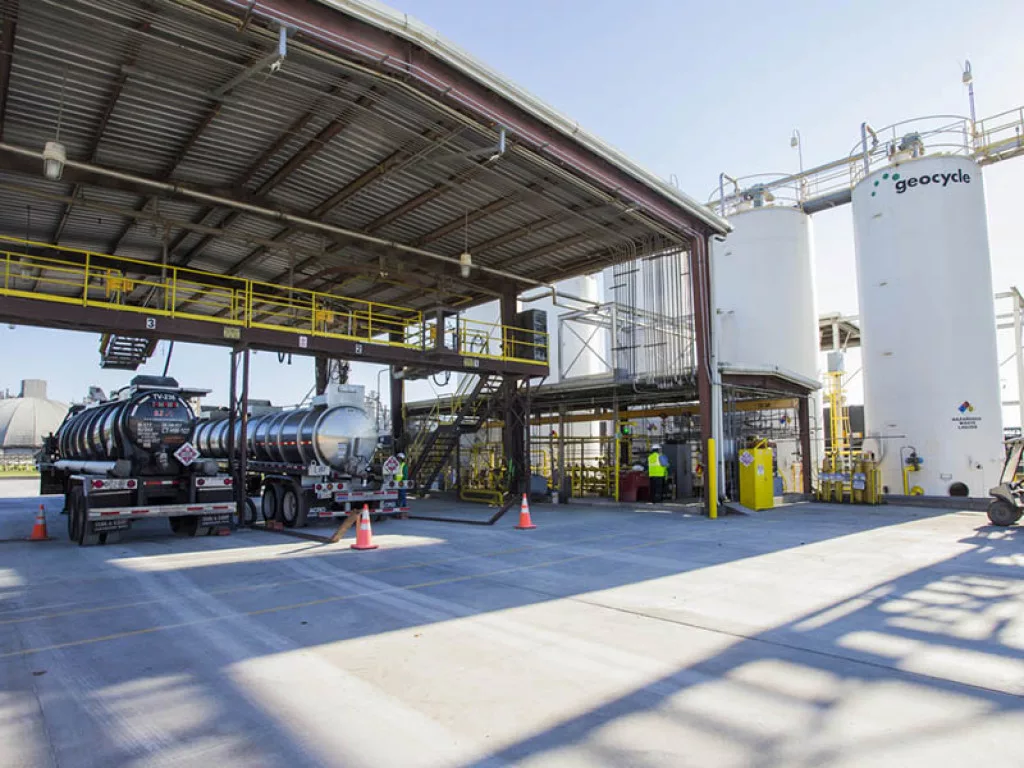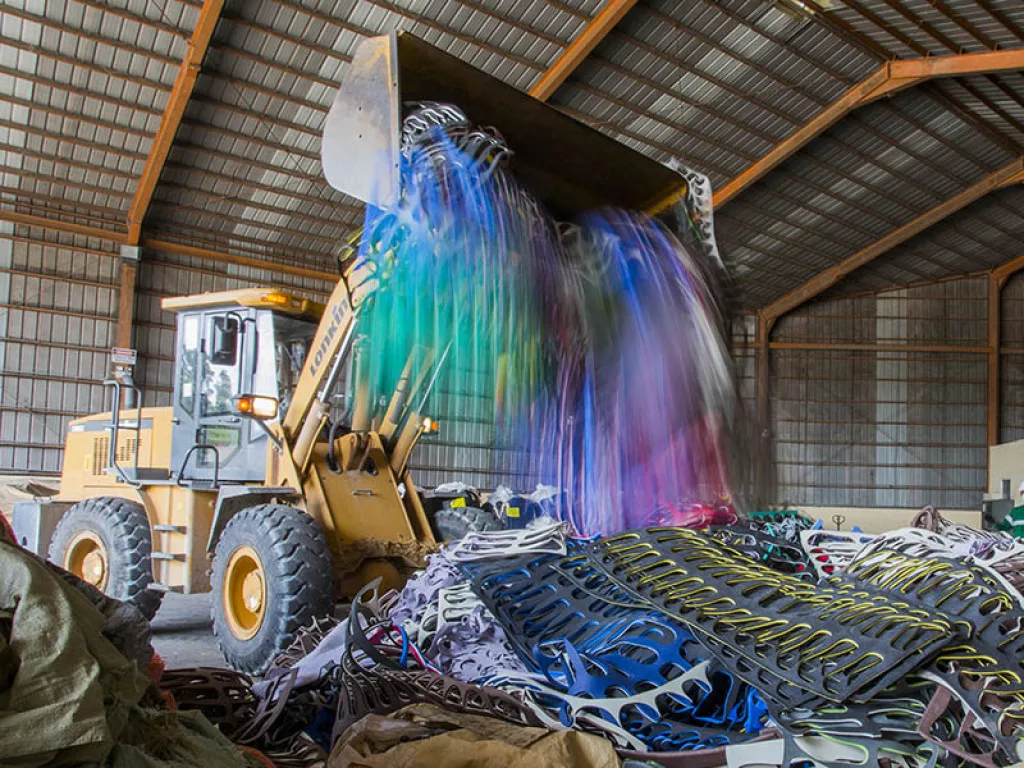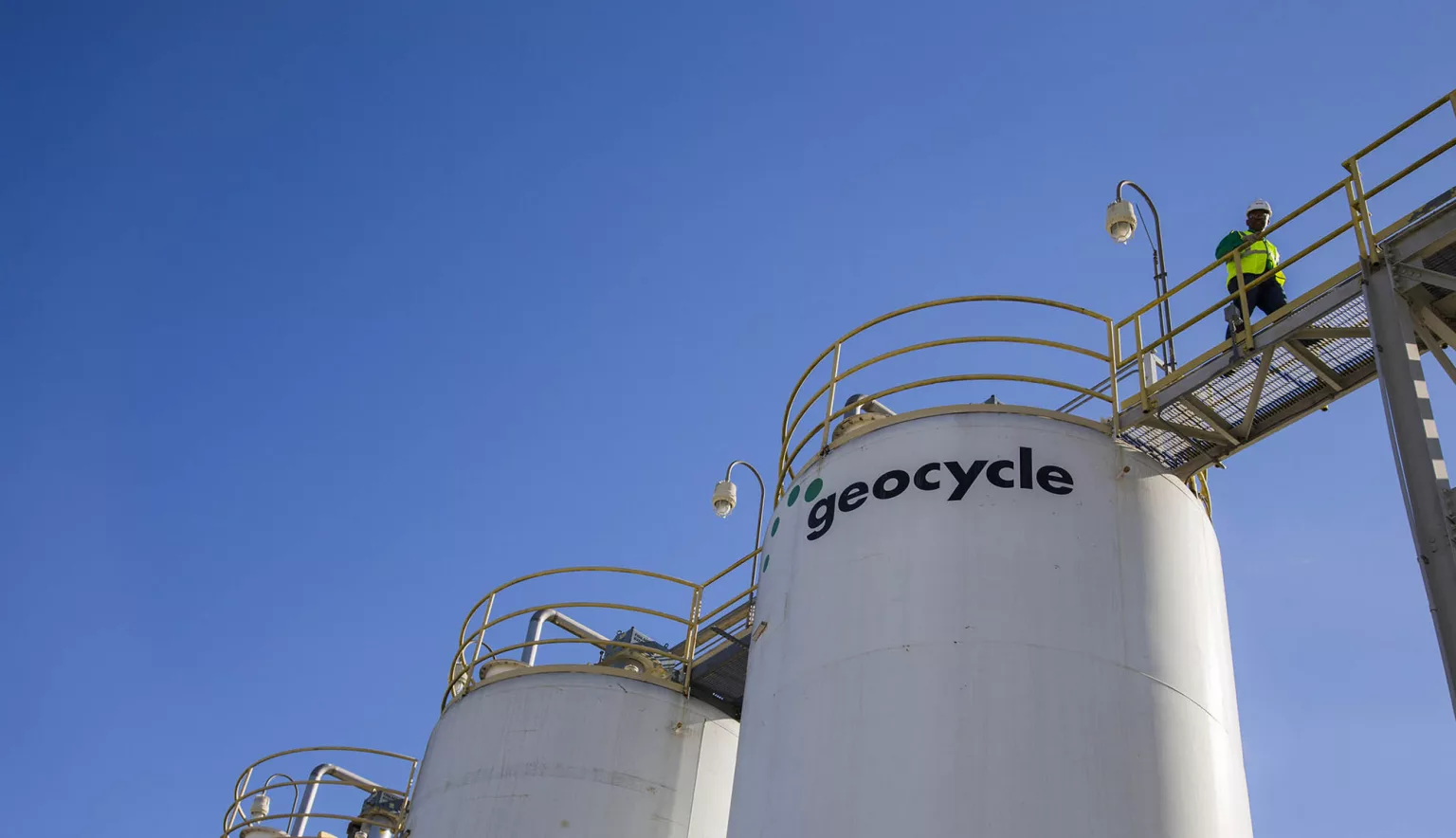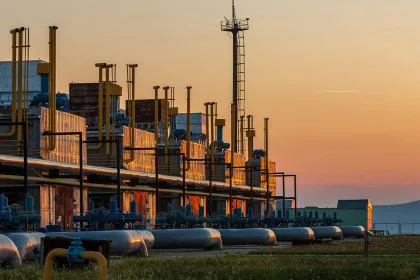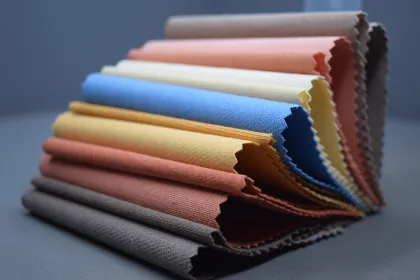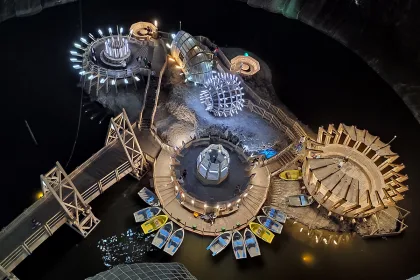Geocycle rethinks waste challenges and provides innovative solutions, as outlined by CEO, Axel Pieters.
ZERO-WASTE FUTURE
Globally, almost four billion tonnes of municipal and industrial waste is generated annually, the large majority of which is uncontrollably dumped, landfilled or incinerated.
The challenge of waste management evidently requires smarter, more sustainable answers, and thankfully, Geocycle offers this.
As a leading worldwide provider of industrial, agricultural and municipal waste management services, Geocycle partners with over 10,000 customers across 50 countries.
The Geocycle name alludes to the company’s holistic vision of turning unusable waste into a safe, usable resource, in turn contributing to a regenerative circular economy and minimising the wastage of scarce resources.
“It’s a passion of ours to clean up the world and do something about plastic waste,” opens the CEO of Geocycle, Axel Pieters.
“We are really committed to waste management and want to serve communities and society; this makes us different.”
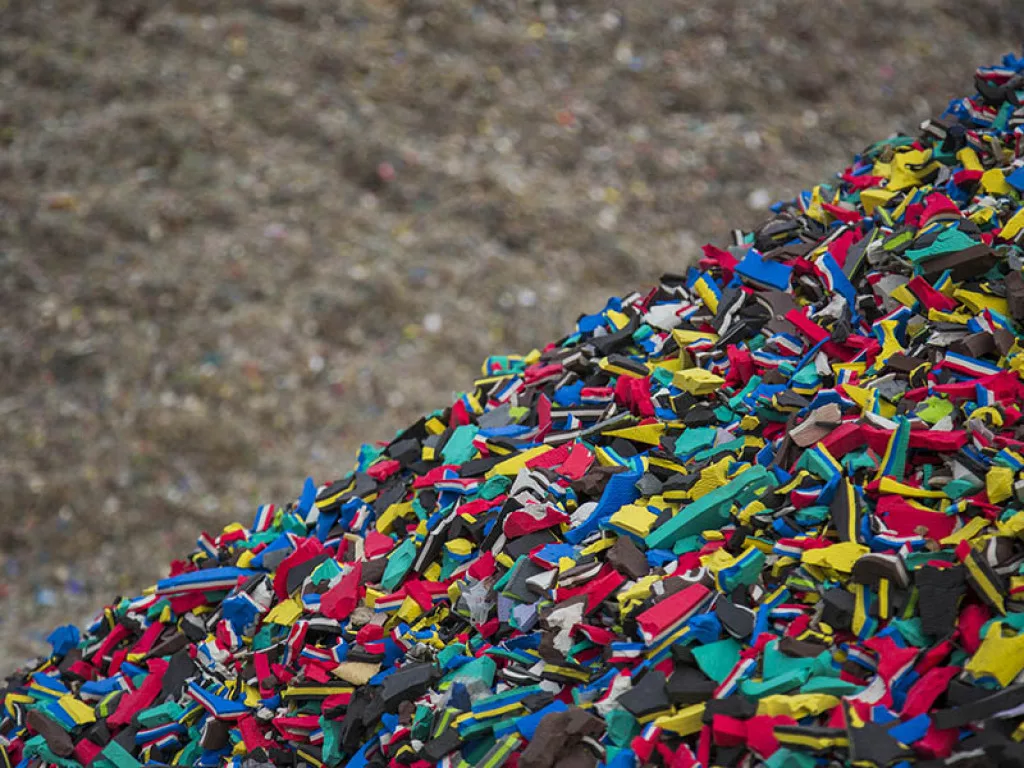
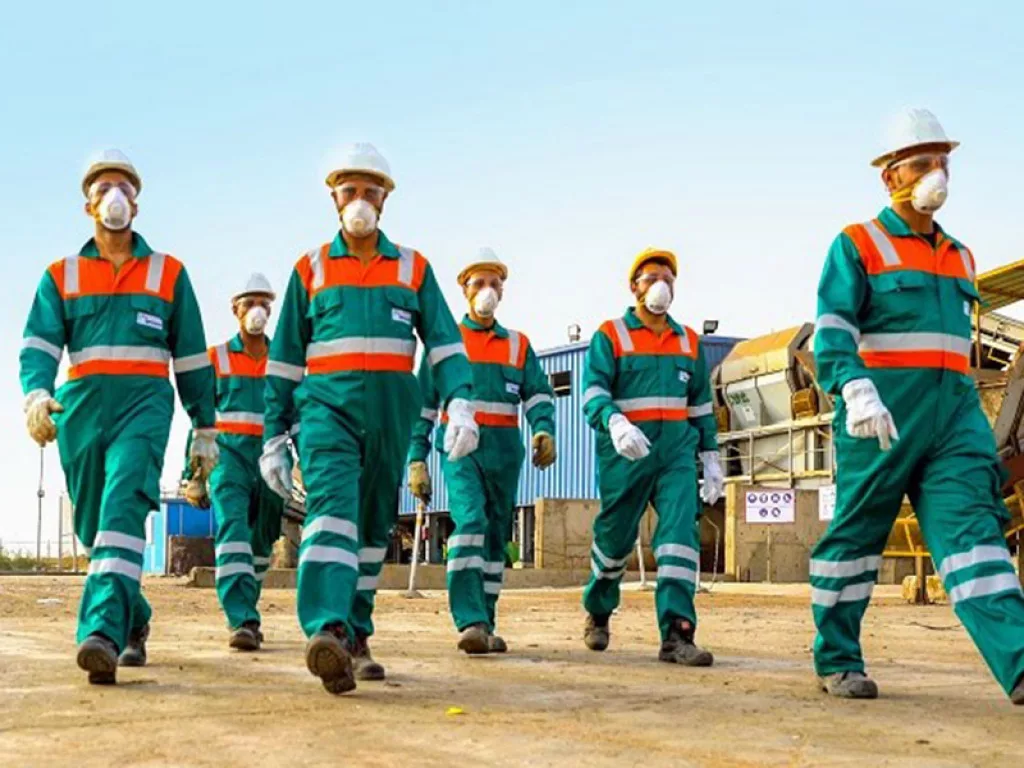
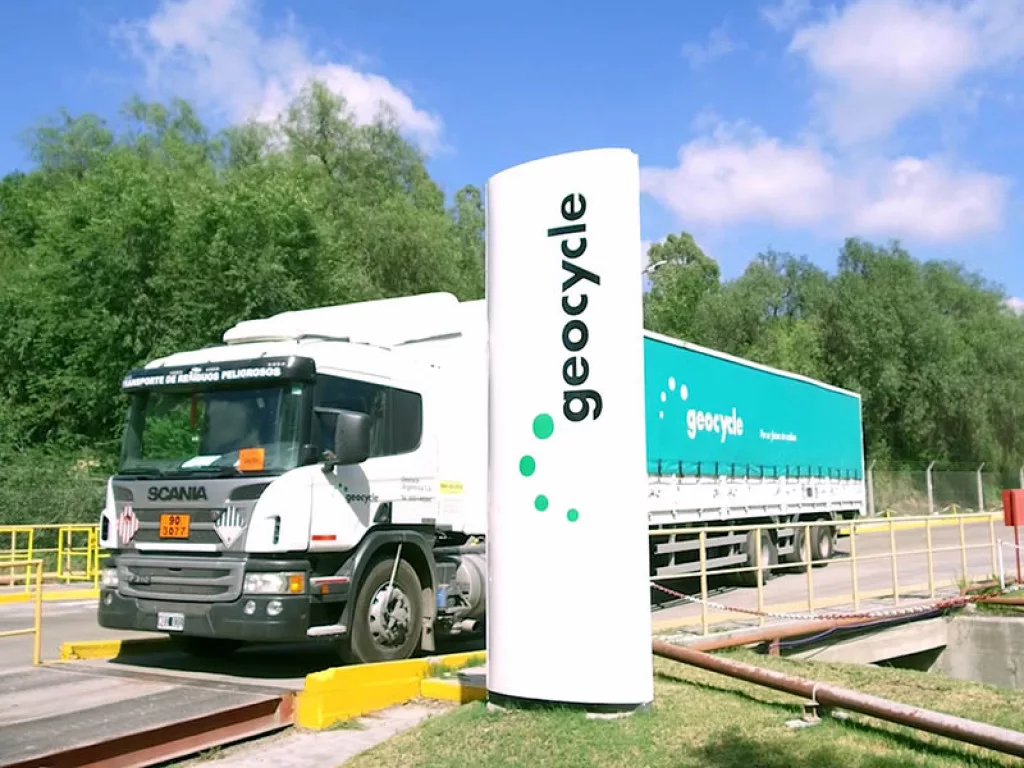
INNOVATIVE DRIVE
Based in Switzerland, Geocycle applies co-processing technologies and utilises existing facilities in the cement industry to resolve waste challenges sustainably.
“We are a subsidiary of the biggest cement company in the world, Holcim, who are one of the very few to have a dedicated waste management business,” reveals Pieters.
A wide variety of waste materials are pre-processed by Geocycle into a homogenous waste mix with uniform, defined characteristics to make it suitable for co-processing in high-temperature cement kilns, which are internationally recognised for recovering and recycling all kinds of waste material.
The management and treatment of waste through pre-processing and co-processing is carried out in a scientific and professional setting, where exposure to temperatures of up to 2,000 degrees Celsius guarantees the compete destruction of waste, leaving no residue at all.
“On top of our phenomenal waste management expertise, Geocycle has the innovative drive required to provide novel solutions in a future-oriented way,” Pieters states.
One such innovation is the Geocycle Bubble Barrier, a smart, non-invasive technology that efficiently removes plastics from rivers before they reach the ocean and co-processes them at the cement plants.
The bubble screen is created by a specially designed air tube, which is placed diagonally on the riverbed, bringing waste to the surface and channelling plastic to the riverside, where it is extracted.
“We recently launched the Bubble Barrier in India, and there’s another one operating in Amsterdam,” notes Pieters.
“It’s a passion of ours to clean up the world and do something about plastic waste”
Axel Pieters, CEO, Geocycle
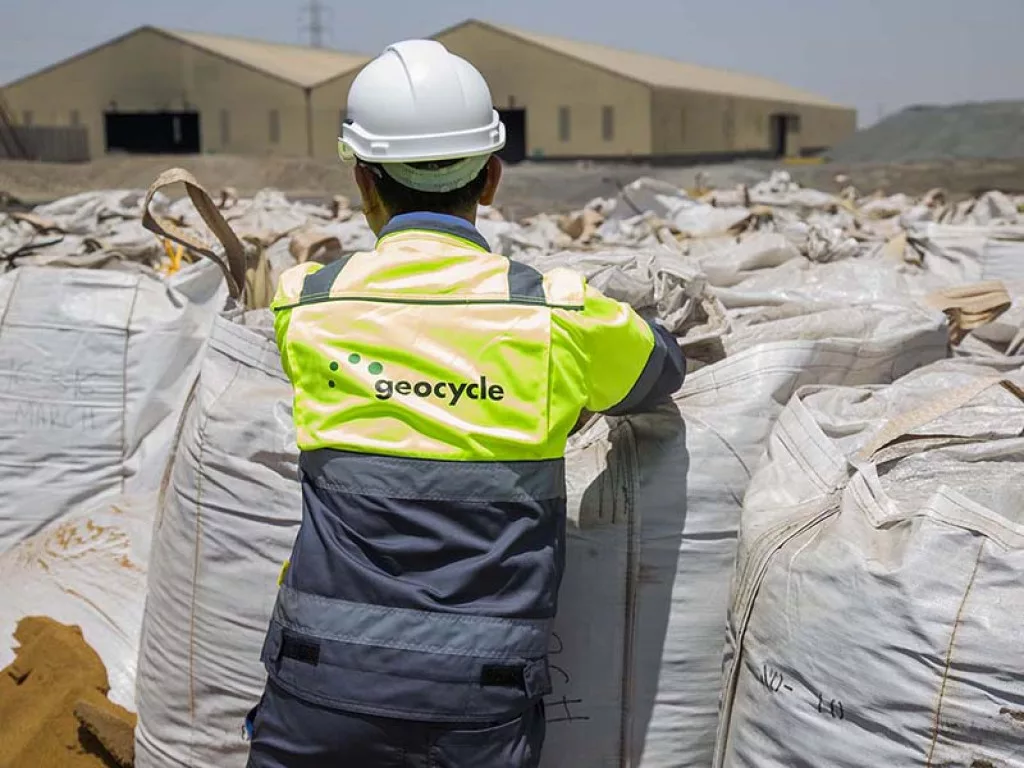
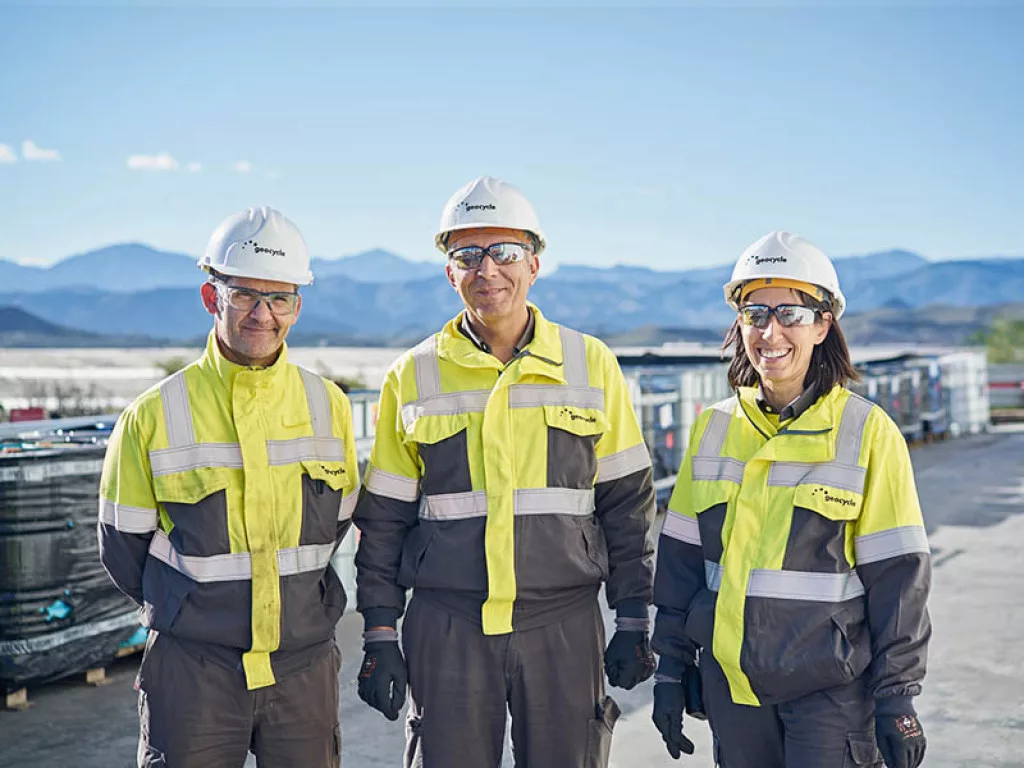
PLANET SOLUTIONS
With increased consumer awareness regarding the plastic waste challenge currently facing the world, there is an increased pressure on big fast-moving consumer goods (FMCG) companies to address this issue.
In response, Geocycle has launched PlaNet Solutions, a unique platform to finance sustainable, innovative circular waste plastic management projects through the voluntary purchase of plastic credits by FMCGs.
Plastic credits are a transformative, incentivising way of driving investment and innovation in the collection, sorting, recycling and recovery infrastructure of plastic waste.
It helps companies to offset their plastic footprint as credits are purchased according to an amount of plastic that they are unable to reduce. The money spent by FMCGs on credits in order to achieve plastic neutrality pays for an equivalent amount of plastic to be collected and recycled elsewhere.
PlaNet Solutions thus provides an avenue for plastic waste generators to invest in solutions to tackle plastic pollution and marine littering, and will further catalyse innovative and smart plastic waste collection and treatment solutions where they are needed the most.
“What we are promoting is what we call a plastic credits system; we truly believe this will help to clean up the world,” Pieters says.
“The biggest problem with cleaning up plastics in the developing world is that they can’t afford proper waste management systems and plastics are ending up in the ocean.
“What we try to do is sell plastic credits to big FMCGs to fund the deployment of collection methods in these countries. That way we can stop so much plastic going to waste,” he adds.
Through PlaNet Solutions, Geocycle is proud to support Nestlé Mexico on the path towards becoming the first plastic neutral company in the country.
Geocycle collects and sorts plastic waste on behalf of PlaNet Solutions partners such as Nestlé. Recyclable materials are channelled towards the recycling industry, whilst non-recyclable plastics are managed safely and effectively co-processed.
Nestlé is committed to a waste-free future where none of its post-consumer packaging, including plastics, ends up in landfills or oceans. As such, they have chosen Geocycle as a partner in Latin America to achieve this ambitious target.
In Costa Rica, meanwhile, the partnership has resulted in the first local industrial-scale sorting station to divert packaging waste from the biggest landfill in the country.
“We have commissioned a sorting station in Costa Rica, serving Nestlé and achieving plastic and packaging neutrality. We sort waste plastics out of municipal waste, recycle and recover them,” Pieters says.
“On top of our phenomenal waste management expertise, Geocycle has the innovative drive required to provide novel solutions in a future-oriented way”
Axel Pieters, CEO, Geocycle
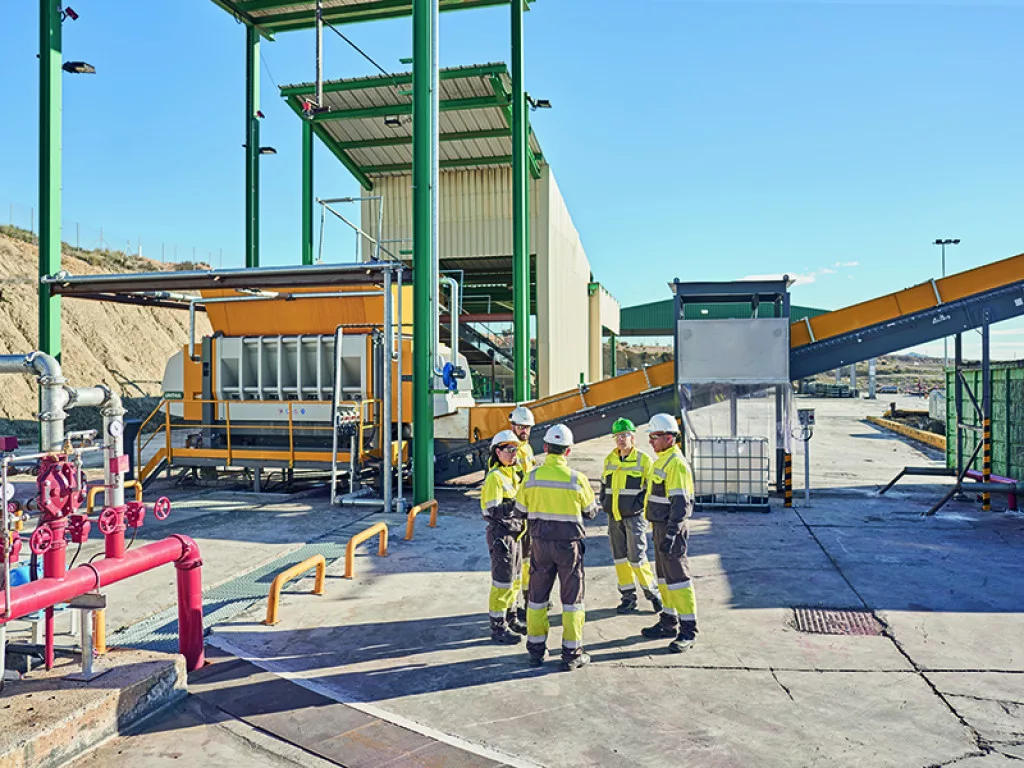
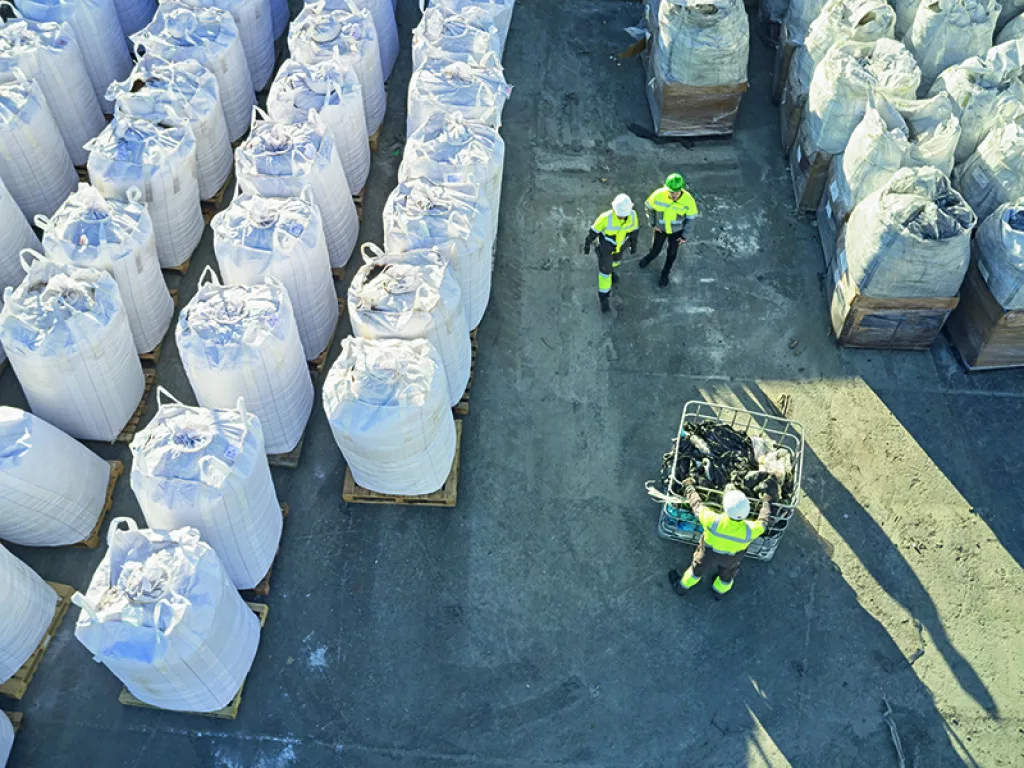
COMMUNITY SPIRIT
Geocycle is currently working on 325 projects worldwide, investing over one billion CHF in installations, innovations and operations.
In Morocco, Geocycle recently launched the country’s first municipal solid waste (MSW) pre-processing platform, expected to play a significant role in professionalising the Moroccan MSW sector.
By safely managing MSW at this one-of-a-kind platform, established near the Rabat landfill in the Moroccan capital, Geocycle will help to reduce greenhouse gas emissions and contribute to a circular economy in the country.
“We have installed a platform where we can dry and reuse municipal waste using innovative drying technologies,” shares Pieters.
“In China, we also have a very interesting operation where we take all the municipal waste from the city of Wuhan and use drying columns to dry the waste, so we are quite innovative when it comes to developing drying technologies.”
With a track record of regulatory compliance, high health and safety standards, and open and transparent communication with stakeholders, Geocycle considers itself to be an integral part of the communities it serves.
The company contributes to economic development around its plants by creating local jobs in the waste management and treatment sector for disadvantaged communities, collaborating where possible with the likes of rag pickers, farmers and waste collectors.
“We always try to empower local communities and the poorest of the poor, in our case the rag pickers on landfills,” Pieters emphasises.
“We have even developed a smartphone app where we can create value for those working on landfills. We ask them to give us non-recyclable plastics, and in return we give them a payment through the app.”
Geocycle also works with farm associations in the north of India, incentivising farmers to collect their agricultural waste. In doing so, farmers are provided with an avenue to manage their post harvest agricultural waste safely. Not only is this an alternative source of income for farmers, but it also helps Geocycle support the decarbonisation of the cement industry.
It all adds up to Geocycle’s ambitious future plans which consist of doubling the amount of plastic waste that it recovers as well as sustainably managing close to 24 million tonnes of all types of waste by 2030. “Today, we deal with 12 million tonnes of waste every year, but we have huge ambitions. We are really passionate about doing this, and through incentives such as plastic credits we should be able to achieve this,” acclaims Pieters.
With these tangible contributions, Geocycle is bringing society a step closer to a zero-waste future.
